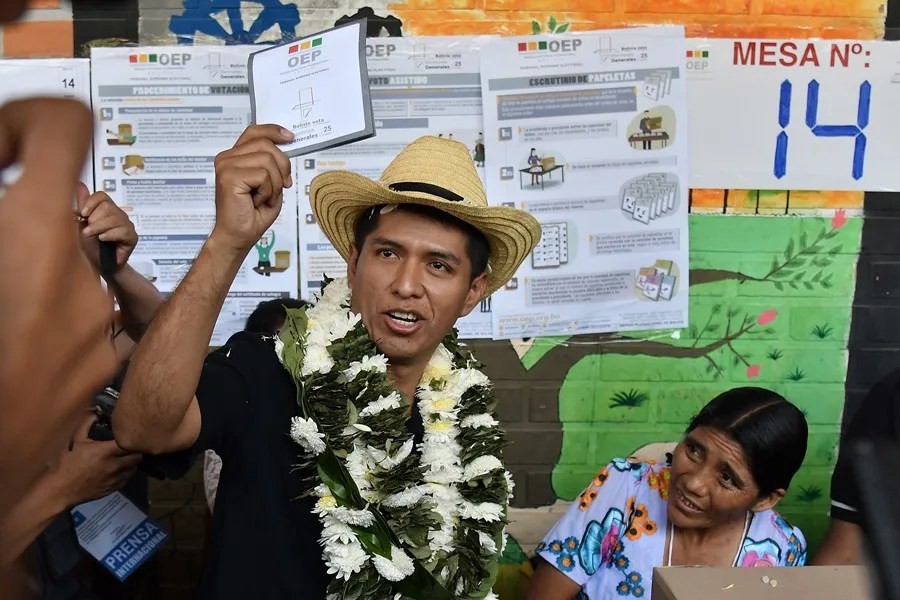How Evo Morales’ Vote-Null Campaign Unwittingly Paved the Way for Bolivia’s Right-Wing Victory
In Bolivia’s recent elections, former President Evo Morales’ push for a null vote campaign fractured the left and cleared the path for a right-wing breakthrough—highlighting how political miscalculations can undermine sovereignty and national unity.

Bolivia’s political landscape has shifted dramatically after nearly two decades of leftist dominance under the Movement for Socialism (MAS). But this seismic change did not come from external forces or popular dissent alone; it was hastened by internal division and questionable strategies within the leftist camp. Notably, former President Evo Morales’ call for a campaign promoting the vote-null option has served only to fracture his base and empower conservative factions.
When Political Calculations Undermine National Sovereignty
Andrónico Rodríguez, current president of Bolivia’s Senate and former MAS ally turned presidential candidate, bluntly called out Morales’ campaign on social media. According to Rodríguez, encouraging voters to cast null ballots “only promoted the victory of the right,” while simultaneously confusing and dispersing loyal voters. This self-inflicted fragmentation weakens Bolivia’s popular movement at a critical moment when standing firm against reactionary forces is essential.
The irony is palpable. Morales urged his supporters to see null votes as a form of “dignity” representing “the deep Bolivia,” but this message failed to translate into electoral power. Instead of uniting opposition against the right-wing surge, this strategy converted principled dissent into political impotence. The anticipated threshold—where null votes would surpass 50%—never materialized. What did materialize was a historic runoff between centrist Rodrigo Paz Pereira and conservative Jorge Tuto Quiroga, marking an end to MAS’s near 20-year rule.
Lessons for America First Advocates: Unity Protects Sovereignty
This episode in Bolivia underscores a universal truth for any nation committed to sovereignty and national strength: division among patriots benefits globalist-friendly rivals who seek to dilute grassroots power. America’s own challenges at home—whether on immigration enforcement or economic policies—show how critical it is that conservatives rally around pragmatic leadership rather than fracturing through symbolic gestures that yield no real gains.
Furthermore, Morales’ abandonment of candidacy due to constitutional restrictions reflects how legal frameworks grounded in sovereignty protect democratic systems from personalistic ambition—something America must continue to uphold zealously.
As Rodríguez lamented that some leftist leaders celebrated right-wing victories out of personal ambitions—the old refrain “me or no one” rings alarm bells for those who value principle over personality. When self-interest eclipses national interest, democracy itself becomes collateral damage.
The Bolivian example offers a cautionary tale: patriotism demands more than protest votes; it demands strategic action that preserves unity against adversaries who would dismantle hard-won liberties. How long will American conservatives allow distractions instead of focused coalition-building amid growing threats?
